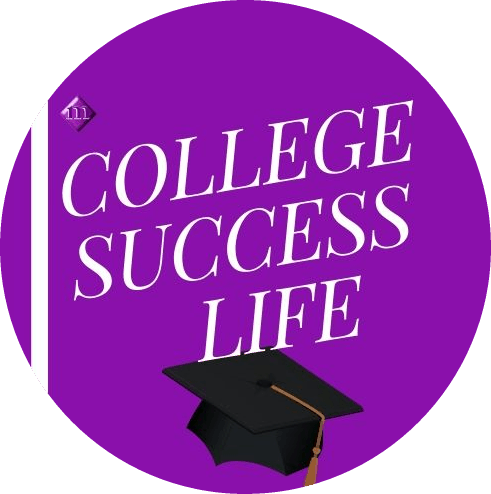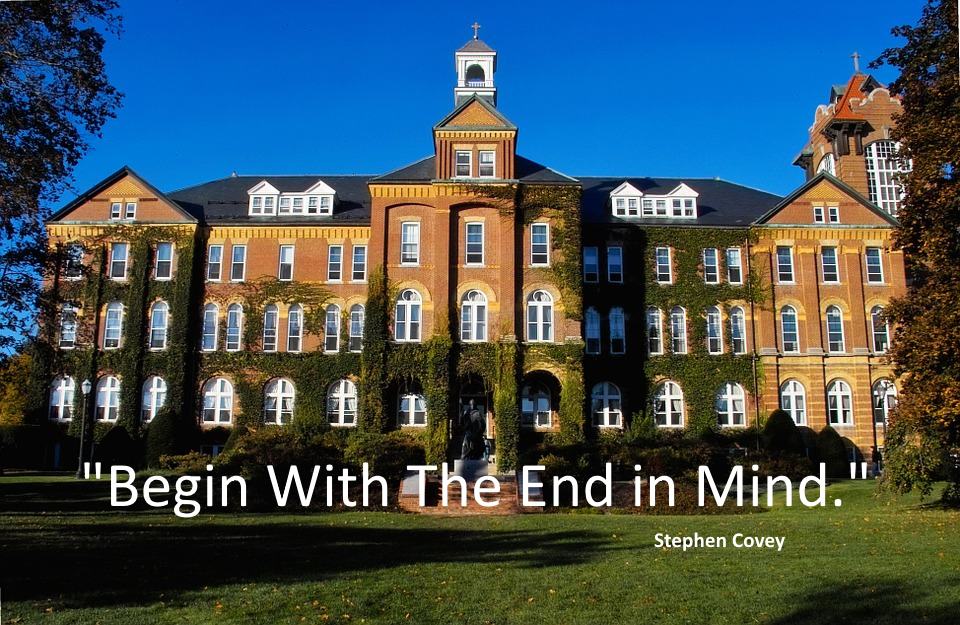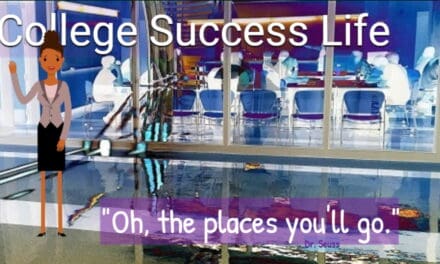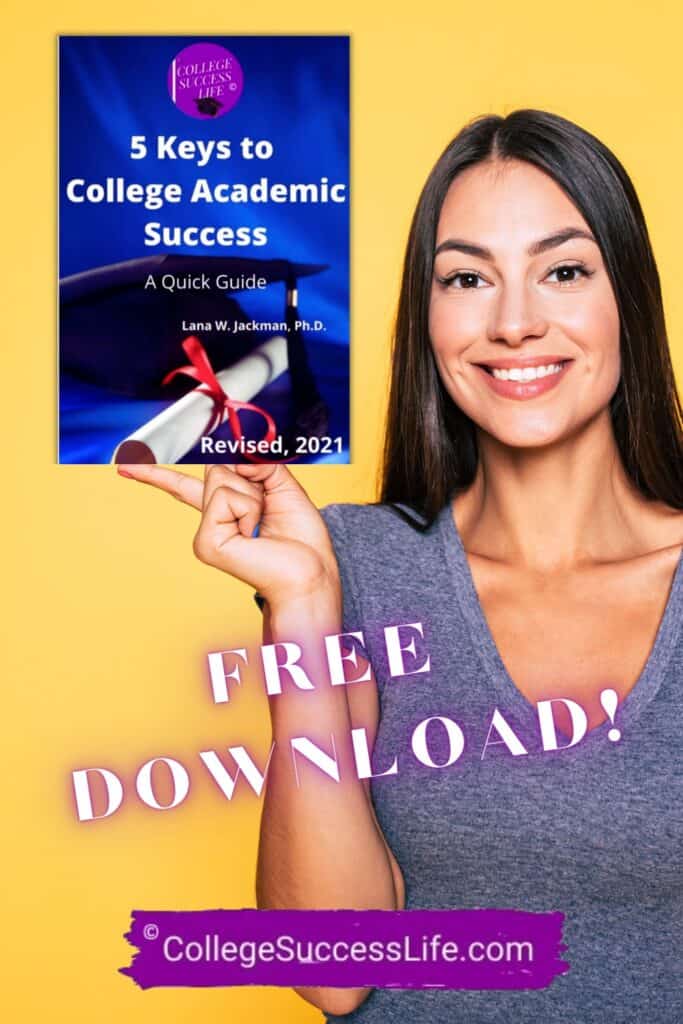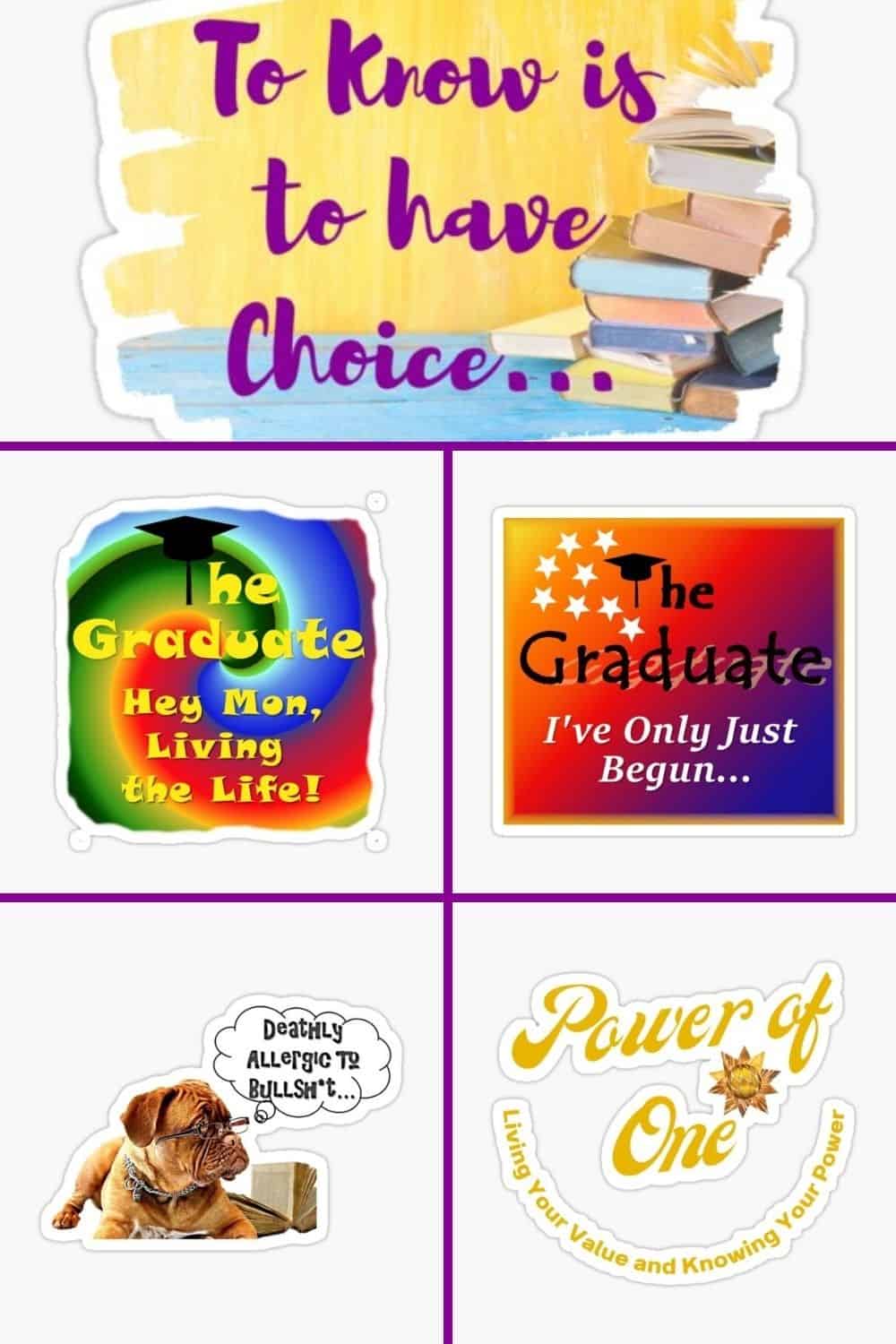
Wanna Be Doctors, Nurses and Healthcare Providers…
For you wanna be doctors, nurses, and healthcare providers, knowing how the healthcare culture really functions is critically important to  your future as a thriving healthcare professional.
your future as a thriving healthcare professional.
A recently article published in the New England Journal of Medicine provides an in depth analysis of the key issues surrounding physician burnout.
You can take the same “burnout” umbrella and apply it directly to other healthcare professionals as well.
The recent suicide of an ER medical physician, Dr. Lorna Breen, dramatically underscores the seriousness of this issue in light of the overwhelming nature of the current pandemic.
Pre-med college students pursuing professions this field need to fully embrace the professional issues and challenges involved. Make a concerted effort to understand how they may, very well, impact you.
May is Mental Health Month
Perhaps now is a good time to consider your potential mental health limitations as it relates to the actual engagement of medical service. We all have them.
For example, how do you think you would really function in an overcrowded emergency room and/or intensive care unit? What kind of relationship do you have with the concept of stress and all its deviations?
Whatever the case, try to be proactive with self resolutions should you ever find yourself facing a potential burnout situation. Burnout is not just a healthcare industry phenomena.
It happens consistently across all workplace environments, even on college and university campuses.
Future medical professionals – seek out advice from healthcare professionals and others you trust. Explore their perspectives and seriously reflect on them.
Evidently, we’re going to have some “thinking time” over the next couple of months…the coronavirus looks like it plans to hang around for quite a while.
So arm yourself with the knowledge you’ll need to combat any inklings of burnout. Know when it’s your time to take a break and refuel. That also applies to your life as a college student as well.
And, if you looking for a break from reading summer beach romance trash, then we can recommend 2 terrific, informative public health books, written by Dr. Atul Gawande . You can order both on Amazon and/or get them from your local public library.

We hear you…
If you’re really serious about pursuing a medical career, then stop your groaning!
The information contained in both of these books is absolutely riveting and extremely beneficial to your professional development!
Dr. Gawande is a practicing endocrinology surgeon at Brigham and Women’s Hospital in Boston. And he also happens to be a very captivating public health staff writer at the New Yorker as well.
He’s written 4 books, 2 of which we highly recommend: The Checklist Manifesto and Being Mortal.
Both address very important moral issues that drive the medical profession. This is definitely information you need to know as a future “new kid” on the medical block!
And, for pete’s sake, stay safe this summer, continue to follow the CDC guidelines, and check in periodically with your academic adviser to keep up with the latest!
A Word to the Wise...
An Academic Pearl of Wisdom
Whenever a college student faces an academic and/or social challenge, they often ask a peer or a friend first for advice.
And that’s okay.
However, resolving the issue to your best advantage often requires consulting with an academic advising professional as well.
Your academic adviser knows the campus academically, administratively, and socially.
And what they don’t know, they can point you to the person who does know. Include this strategy in your current plan for college success.
And we're always available to help as well!
Disclaimer Reminder: A college student's first line of inquiry should always be with their campus academic adviser. College Success Life Advising Sessions provide additional problem-solving options to undergraduate and graduate students for further exploration on their individual campuses. Students should always consult their assigned adviser not only during the course selection process but periodically to keep apprised of programmatic changes, testing requirements, course additions/deletions, GPA modifications, etc.
Disclosure: This page contains affiliate links, which means we will make a commission at no extra cost to you, if you make a purchase after clicking my link.
